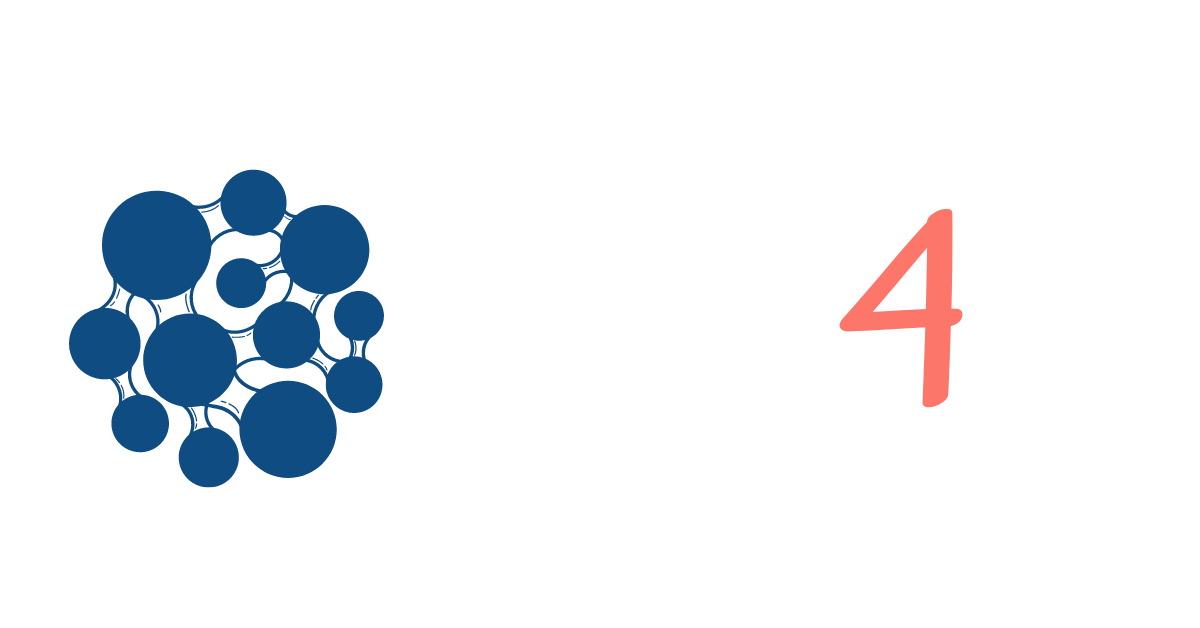SbD4Nano @ IRISS workshop on the application of the SSbD concept in materials and chemicals
On 25 November 2022, the Horizon Europe project IRISS (The InteRnatIonal ecosystem for accelerating the transition to Safe-and-Sustainable-by-design materials, products and processes) organized its first digital workshop, focusing on the application of the SSbD concept in materials and chemicals. Its objective was to support the State-of-the-Art mapping activities of SSbD, obtain first insights on how to translate the framework for SSbD criteria into practical methodologies and tools for SSbD, and to identify the applicability of the framework, alongside challenges and barriers from a value chain perspective of SSbD.
IRISS was launched to connect, synergize and transform the Safe-and-Sustainable-by-Design (SSbD) community in Europe and globally towards a lifecycle approach, with a holistic integration of safety, climate neutrality, circularity and functionality.
The workshop opened with a presentation on the EU Commission’s vision and recommendations, presented by Javier Sanfelix (DG-RTD), then a presentation of the framework for SSbD criteria and case studies by Carla Caldeira (JRC). That was followed with presentations about an SSbD mapping performed by Amaya Igartua (TEKNIKER), and ongoing work related to SSbD toolboxes within the PARC initiative, presented by Tomas Rydberg (IVL).
After a short break, the workshop entered into its dedicated slot for the presentation of the SbD tools and methodologies developed within the ongoing NMBP-15 and NMBP-16 EU-funded projects. Socorro Vazquez (LEITAT) gave a great overview on the four NMBP-15 EU-funded projects (ASINA, SABYDOMA, SAbyNA and SbD4Nano), and Cris Rocca (UoB) and Lya Soeteman-Hernandez (RIVM) presented the tools and methodologies developed within the three NMBP-16 EU-funded projects (DIAGONAL, HARMLESS and SUNSHINE).
This interesting overview on what is under development in the different EU-funded projects was followed by an introduction, by Amaya Igartua (TEKNIKER), to tribology and life-cycle-assessment (LCA) tools and their importance and impact at the design phase of products and processes, as well as some related case studies.
The last block of the workshop focused on providing insights (SSbD challenges and specific issues) on the perspectives of the different value chains (i.e., packaging, textiles, construction chemicals, automotive, energy and electronics), as well as first recommendations on how to implement the SSbD concept in each of them. This session was moderated by Anne-Chloe Devic (Cefic).
The event concluded with a wrap-up of the main messages, outputs as well as an IRISS outlook on the activities that will take place during the following months in order to provide its stakeholders with updated information during the upcoming months.
Find full agenda HERE
